Google enhances Chrome autofill for Password Managers and prepares for Gemini 2.0 launch with improved dark theme
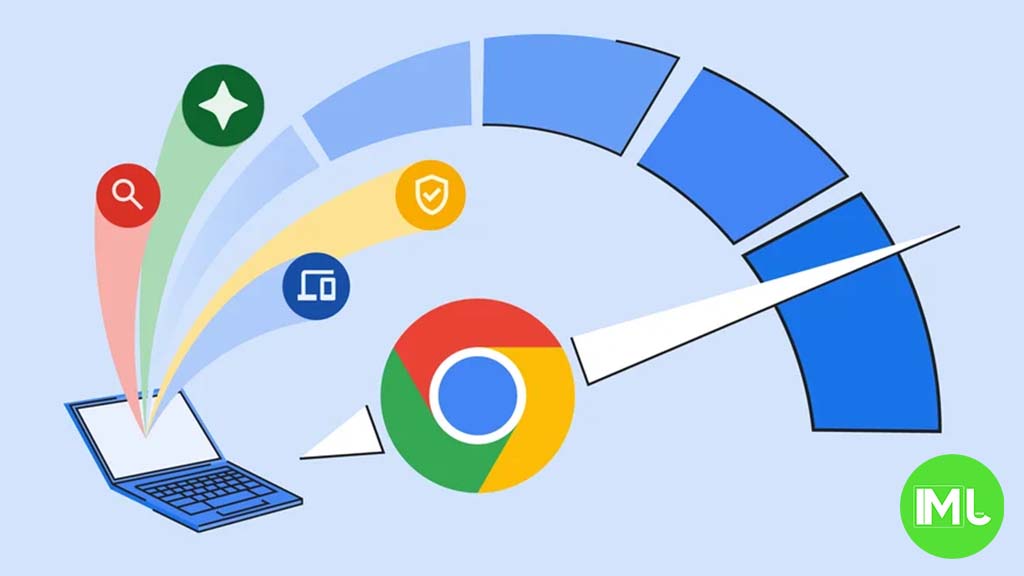
To improve both security and user experience, Google is rolling out two major updates to its ecosystem: Chrome’s expanded support for third-party password managers on Android, and the upcoming release of Gemini 2.0, an advanced AI model with a refined dark theme.
Streamlining Password Management in Chrome on Android
The Cybersecurity and Infrastructure Security Agency (CISA) stresses the importance of strong passwords—ones that are long, random, and unique for each site. This standard is crucial in today’s digital landscape but challenging to maintain with dozens of accounts. Chrome’s new update addresses this by allowing users to seamlessly integrate third-party password managers on Android, making it easier to manage passwords across sites without relying on Chrome’s built-in password manager.
Until now, users faced compatibility issues when using third-party password managers in Chrome. Though these managers could fill in forms, they often required additional setup and sometimes caused issues with scrolling and duplicate suggestions due to Chrome’s compatibility mode. With Chrome 131, set to launch in mid-November 2024, users will be able to use any password manager they choose without the need for compatibility mode. By early 2025, Chrome will phase out compatibility mode entirely, simplifying the process for those who prefer third-party managers.
After upgrading to Chrome 131, users can activate third-party password autofill by adjusting their Chrome settings, which includes selecting “Autofill using another service.” This step ensures a smooth transition to any preferred password manager, without interruptions in functionality. Additional setup instructions will be available in Chrome’s help resources and Google’s developer blog.
This update is part of Chrome’s broader improvements, which have included an official dark mode, added biometric security options, and accessibility enhancements. Facing rising competition from Firefox, Opera, Brave, and others, Google’s updates aim to keep Chrome as one of the most user-friendly browsers.
The Anticipated Release of Google’s Gemini 2.0
Looking toward the end of 2024, Google is gearing up to release Gemini 2.0, an advanced AI model with enhanced features for both developers and end-users. Following the initial release of Gemini 1.0 in December 2023, Gemini 2.0 promises performance improvements, although some initial reports suggest it may not fully meet the ambitious benchmarks set by the Google DeepMind team. Despite this, Gemini 2.0 is expected to offer more robust capabilities than its predecessors, which included Gemini 1.5’s expanded context window for users on the gemini.google.com platform.
Gemini 2.0’s anticipated release comes amid increased competition in AI, with other companies, such as OpenAI, rumored to be planning new models. Google’s yearly cycle of major AI model updates has kept pace with industry developments, typically aligning with announcements made during the annual Google I/O conference in May.
Gemini’s Dark Theme Refresh
Recent updates to the Gemini app have focused on improving the user experience, particularly for those who prefer a dark theme. The new design changes include a more subtle ‘plus’ icon that allows users to upload files or images, as well as redesigned microphone and camera buttons with a neutral gray background. These changes, seen in Google app beta version 14.42, create a cleaner, more cohesive look for the Gemini app in dark mode, making it more visually accessible.
Google’s ongoing adjustments to the Gemini app aim to enhance its usability and streamline the interface, making it a go-to resource for users engaging with Google’s AI services on mobile. These updates demonstrate Google’s commitment to refining the user experience in response to user feedback and evolving design trends.
What’s Next for Google
As Google moves forward with these updates, the focus on improving usability and security across Chrome and Gemini underscores its dedication to delivering a streamlined experience for users. Chrome’s enhanced password manager support will make it easier to maintain secure passwords across platforms, while the anticipated Gemini 2.0 launch and app redesign signal Google’s investment in creating user-friendly, accessible AI tools.
Android
Android 16 adds small but useful changes to status bar and terminal features
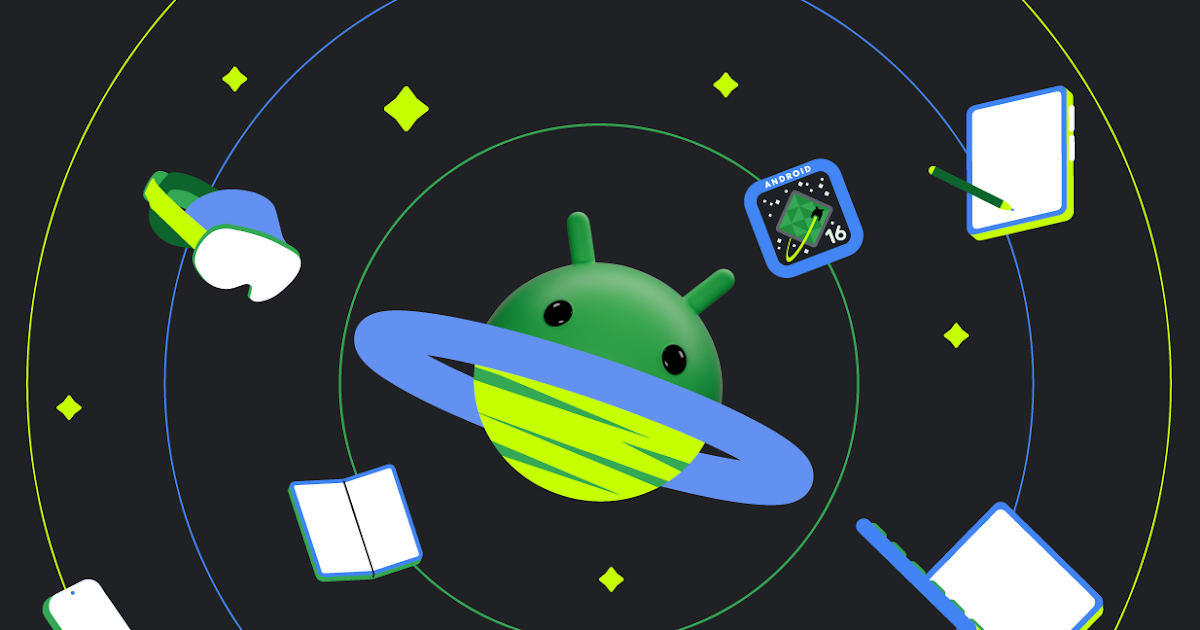
Google is working on Android 16, and while big changes are still under wraps, some small updates have already been noticed. These tweaks may not seem major, but they can improve how users interact with their devices.
One of the changes spotted in the Android 16 Developer Preview is the return of the status bar clock to the left side of the screen. This layout used to be common before Android 9, but later Android versions placed the clock on the right. Now, with the new preview, the clock moves back to the left, which could make room for more icons and make the status bar easier to read—especially on phones with notches or punch-hole cameras. However, this change might not be final, as Android is still being tested.
Another interesting update is in the Android terminal tool. A new feature allows users to resize disk partitions without needing a full system reboot. This could be very helpful for developers and advanced users who need to change storage settings quickly. Instead of restarting the device, the system now supports live resizing in many cases, which saves time and effort.
Overall, Android 16 is shaping up with some practical improvements that focus on convenience and better user experience, even in the smaller details.
YouTube Music adds new feature to keep song volume steady

YouTube Music is rolling out a new feature called “Stable volume” to make your listening experience better. This option helps keep the sound level the same across all songs, so you won’t have to turn the volume up or down when switching tracks.
Sometimes, songs are louder or softer depending on how they were made. This new feature fixes that by adjusting each track so that all music plays at a similar volume. It’s especially useful when you’re using headphones or listening in the car.
You can find this option in the YouTube Music app by going to Settings > Playback & restrictions, where you’ll see a switch for “Stable volume.” It works for both free and Premium users, and it’s now appearing on Android devices (version 7.07 or later). iOS support may come soon, but it’s not available yet.
This is a welcome update, as many streaming apps like Spotify and Apple Music already have similar volume balancing tools. It helps make playlists and albums sound smoother and more enjoyable without constant volume changes.
So far, the feature is being released in stages, so you might not see it right away, but it should show up soon for everyone.
Android
Android 16 beta adds battery health info, Pixel Fold gets better at detecting opens and closes

Google has released the Android 16 Beta 1 update for Pixel phones, and it brings some helpful new features. One of the key additions is battery health information, which is now available in the settings. Pixel users can now see the battery’s manufacturing date, charge cycles, and overall health score. This can help people understand how well their battery is holding up over time. While this feature is currently hidden under developer options, it might be fully added in a future update.
At the same time, Google is also working to improve the Pixel Fold. With Android 16 Beta 1, there’s a new system that better detects when the phone is opened or closed. This new method uses the hinge angle to more accurately understand the device’s position. Unlike older systems that could be affected by software bugs or slow response times, this new one seems to be more reliable and faster.
These changes are important for people who use foldable phones like the Pixel Fold, as better hinge detection can lead to smoother app transitions and fewer bugs. And for all Pixel users, having detailed battery info can help with managing phone performance and deciding when it’s time for a battery replacement.
Overall, Android 16 Beta 1 focuses on giving users more control and smoother experiences, especially for those with foldables.
-
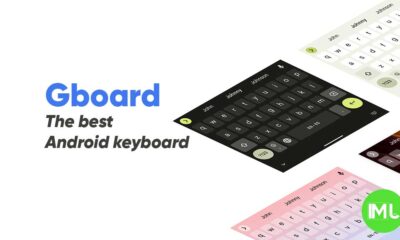
 Apps1 year ago
Apps1 year agoGboard Proofread feature will support selected text
-

 News1 year ago
News1 year agoSamsung USA crafting One UI 6.1.1
-

 News1 year ago
News1 year agoBreaking: Samsung Galaxy S22 may get Galaxy AI features
-
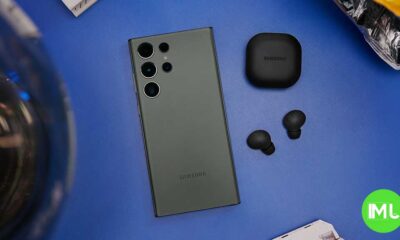
 News1 year ago
News1 year agoSamsung Galaxy S23 Ultra with One UI 6.1 and all S24 AI features revealed
-

 News1 year ago
News1 year agoOne UI 6.1 Auracast (Bluetooth LE Audio) feature coming to many Samsung phones
-

 News1 year ago
News1 year agoSatellite SOS feature coming to Google Pixel phones, evidence leaked
-
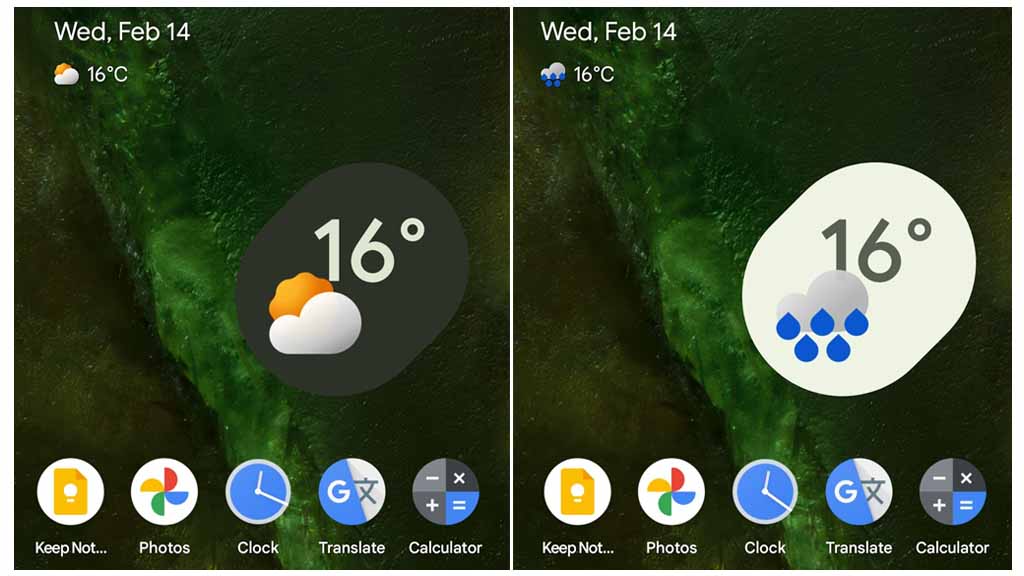
 Apps11 months ago
Apps11 months agoGoogle’s fancy new Weather app is finally available for more Android phones
-
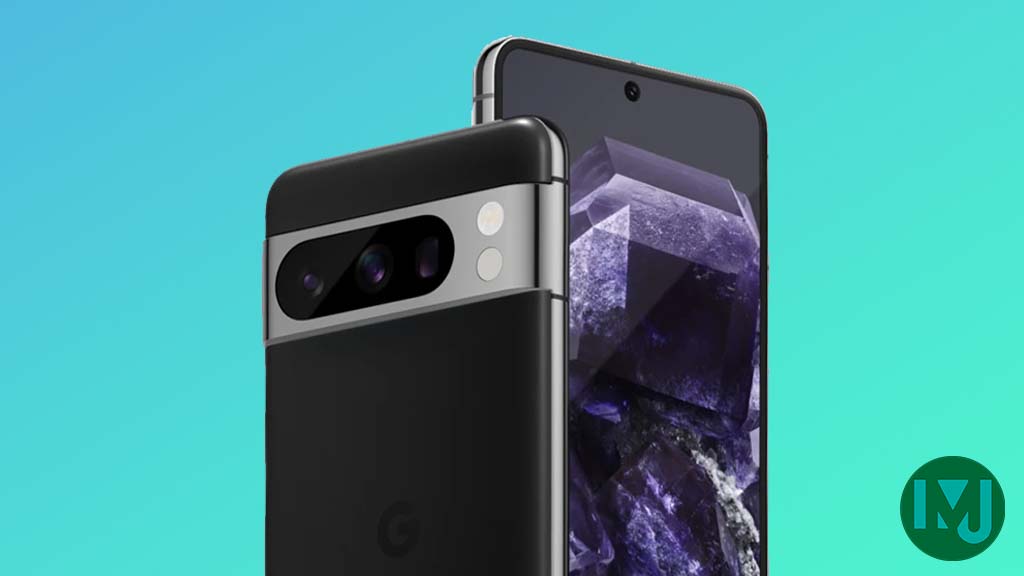
 News1 year ago
News1 year agoGoogle Pixel evolves as Europe’s third best selling flagship






